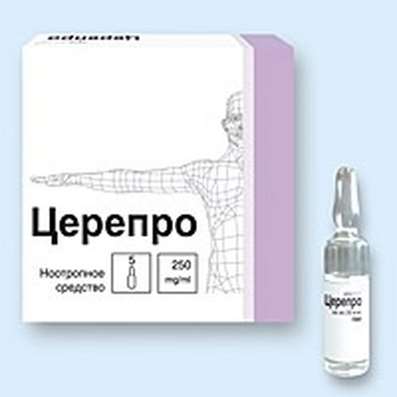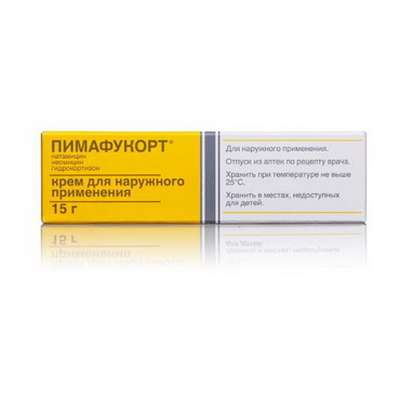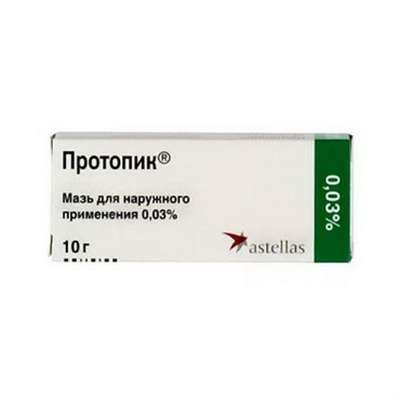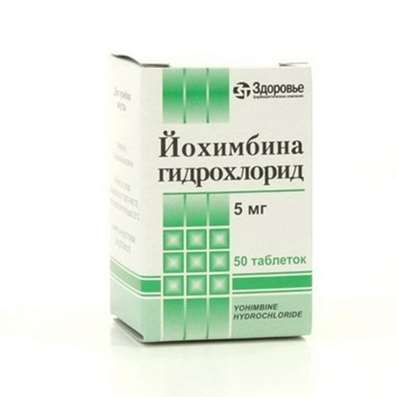Cognitive impairment and Mildronate
10 Oct 2016
The problem of the relationship with arterial hypertension and cognitive impairment is becoming increasingly important for the following reasons: 1) age of the population increases the number of patients with isolated systolic hypertension (ISAH) and stroke as well as observed age-related cognitive decline, and therefore develop synergies pathological processes, significantly increases the risk of dementia; 2) it is a distinctive feature of the pathogenesis of early and marked reduction in the elasticity of arteries, with increased systolic blood pressure (SBP) creates a favorable background for the development of disorders of vascular genesis; 3) in clinical practice, and a combination ISAH cognitive impairment is common (incidence of dementia of 1: 1000 at age 40-65 years, 1: 20, 70-80 years, 1: 5 - 80 years of age), as the proportion of the population increases elderly and very elderly.
Mild cognitive impairment of vascular genesis many authors considered as prognostically unfavorable, since mortality in this group of patients is 2.4 times higher than that of persons of the age group in the population. Interesting data G. Frisoni et al. (2006) that during the observation period of 32 ± 8 months of death due to various causes occurred in 30% of patients with vascular mild cognitive impairment and vascular dementia, while during this period did not die of any one patient among patients with mild cognitive impairment primary degenerative genesis. Even more impressive results were obtained by observing the duration of 40 months, when during this period 50% of patients died with vascular mild cognitive impairment and vascular dementia. Thus, the problem of cognitive impairment in hypertensive patients is multidisciplinary in its decision involved not only neurologists and cardiologists and internists. Given these facts, it is appropriate and important in clinical practice to evaluate the effectiveness and to develop optimal treatment of these patients. In this regard, a group of researchers (Statsenko ME, et al., 2005) conducted a study which assessed the impact of the exchange rate and constant Mildronate therapy patients with cognitive impairment on the background of arterial hypertension in the elderly. In an open, randomized, placebo-controlled comparative study in parallel groups included 180 elderly patients with cognitive impairment to hypertension, which were divided into 3 groups at a ratio of 1: 1: 1 (Mildronate DC / Mildronat ESP / control (placebo). to assess cognitive impairment in the course of medical treatment, all patients were neuropsychological testing to identify and assess cognitive disorders, namely:. impaired memory, attention, concentration, mental performance and psychomotor functions to do this the following tests were used: the MMSE test Reitan test, test . Robert Wexler test for speech activity, memory (10 words) and serial account, the kinetic test, scale MFI-20 (for the assessment of fatigue severity) to assess depression severity was used Beck depression Inventory, and anxiety -. Taylor was received credible as a result of (p <0.01) improvement in MMSE index by 9.2% in the continuous therapy group Mildronate (against 0.4% - course therapy Mildronate and 2.3% in the control group). Improving indicators and Wechsler test Reitan in the continuous therapy group and the course of therapy Mildronate was respectively 16.6; 11.2 and 18.1; 7.5 and 5.5% versus 3.9% in the control group. Continuous therapy and course Mildronate almost equally reduced the severity of fatigue (respectively 10.5 and 10.6% vs. 2.2% in the control group). Improving performance on a scale of depression and anxiety scale in the continuous therapy group and the course of therapy Mildronate was respectively 15.6; 9.8 and 12.2%; 5.7% versus 1.3, 0.3% in the control group. It was concluded that continuous therapy Mildronate was the only mode of therapy, which significantly improved all parameters of cognitive function compared to baseline and to the control group.
First, you need to pay attention to the fact that the majority of patients with hypertension and cognitive impairment is a combination of vascular and neurodegenerative processes. If proven positive effect of long-term antihypertensive therapy on cognitive function in patients with arterial hypertension, for example, the elderly additional appointment Mildronate capable of an even greater extent to ensure their safety. Identified the main mechanisms through which is realized the positive effect of the drug on cognitive function: the activation of the central nervous system; stimulation of physical performance; regression of symptoms of neurological deficit; the trend towards normalization of cerebral circulation; redistribution of blood flow in favor oligemicheskoy zone; increase local blood flow; normalization of bioelectric activity of the brain; pronounced antioxidant effect.
The treatment regimen consisted of:
- Mildronate 500 mg / day orally (Group 1) continuously for 52 weeks;
- Mildronate 500 mg / day orally (group 2) in a course of therapy for 52 weeks.
As a result of this work it proved that continuous Mildronate therapy at a dose of 500 mg daily for 52 weeks significantly improves cognitive function in patients with hypertension and cognitive impairment; Mildronate course therapy is less effective than its continuous reception; continuous and course Mildronate therapy have expressed anti-astenic and antidepressant effects on the elderly patients with hypertension and cognitive impairment.
In another study conducted by IV Damulin et al. in 2006 on the effect of Mildronate on motor and cognitive function in elderly patients with chronic cerebrovascular insufficiency, also used Mildronate.
The treatment regimen consisted of:
- Mildronate 500 mg / day orally (Group 1) for 3 months;
- Meldonium 500 mg / day orally (group 2) in techenie1,5 month, then 1.5 months of 1000 mg / day inside.
It is important to note that the patients did not receive other metabolic, nootropic and vascular therapy, in addition to the previously chosen treatment with antihypertensive drugs, and antiplatelet agents. As a result, the work was revealed significant improvement in motor (sustainability and walk) and cognitive (memory and attention) functions, as well as parameters P300 KVP (p <0.05). A more significant benefit of increasing the dose Mildronate to 1000 mg / day was achieved in patients with ischemic stroke in history.

 Cart
Cart





